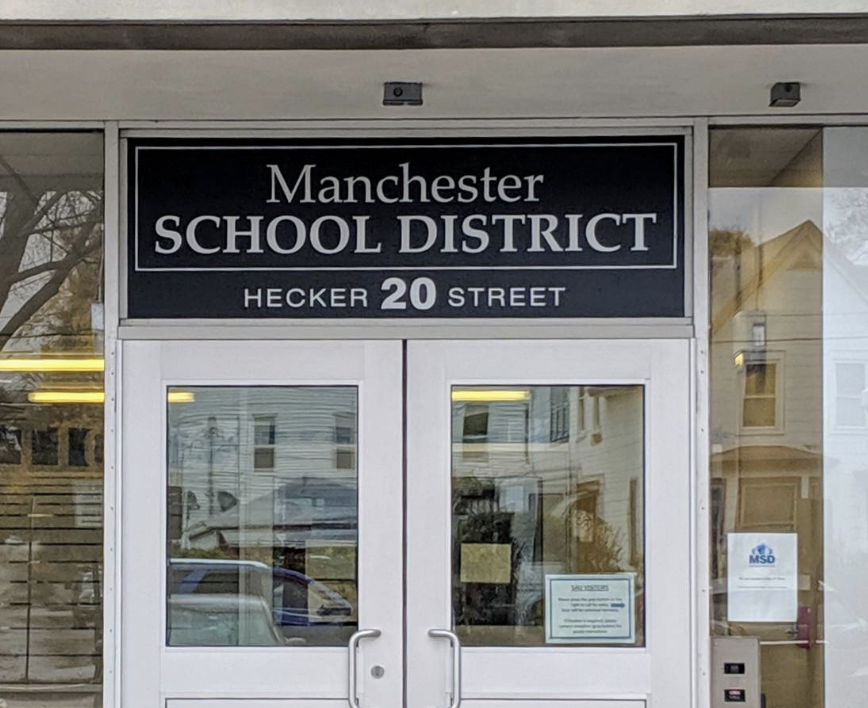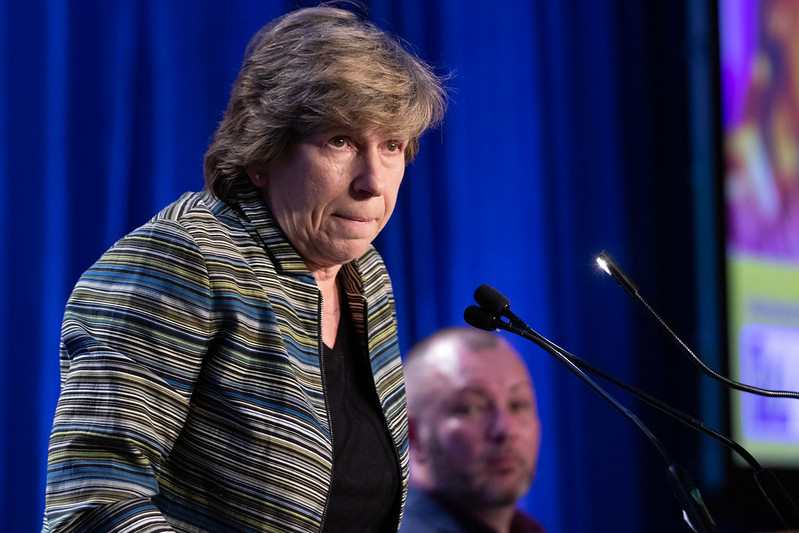NH Teacher Secretly Took Student For Abortion, Investigation Reveals

A public school teacher was fired for taking a student to an abortion clinic without informing that child’s parents, according to a New Hampshire Department of Education investigative report.
In response to criticism about his statements regarding the inappropriate behavior of some public school employees, Education Commissioner Frank Edelblut released a cache of reports and complaints brought to his department. Included is the investigative report regarding a teacher who called in sick to take a student to have an abortion.
Edelblut declined to comment on the report. The details are scant, and no one in authority would speak to NHJournal on the record about the incident. The names of the school, administrators, and teacher are all redacted, as is the identity of the student.
According to the redacted document, the teacher had been counseling the student for weeks about her “options,” then helped her terminate the pregnancy.
The teacher reportedly looked up the clinic before the appointment out of concern for the student’s safety. The teacher then called out sick from work with food poisoning in order to go with the girl to the clinic.
“[The teacher] stated that the student didn’t have anyone to support them so they offered to go with them,” the investigation found.
The teacher was fired soon after administrators discovered the matter, according to the report.
The incident raises questions about transparency at public schools, and reopens the debate over school systems like Manchester that have a policy of keeping information secret from parents. Some New Hampshire lawmakers are outraged.
“I am horrified to hear that a teacher in our New Hampshire schools felt the right way to help a pregnant student who felt unsupported in her pregnancy was to research abortion facilities and call out sick to take a student to an abortion rather than to help her speak with her parents and find support from her family,” said state Rep. Erica Layon (R-Derry).
State Sen. Tim Lang (R-Sanbornton), who’s championed greater parental access to classroom activities and curricula, said schools must stop keeping secrets from families.
“Parents have the right to know everything that is happening to their child in school. Keeping secrets or going behind a parent’s back is never good public policy,” Lang told NHJournal. “It’s not good for the child, either. It teaches children, by the actions of ‘trusted adults,’ it’s OK to be deceptive, which is not creating good citizens for our future.”
Layon says the student’s parents had a right to know.
“By taking the rightful place of that student’s parents, this teacher denied her family the opportunity to step up and support her,” Layon said. “Undermining families should not be taken lightly, and assuming the worst of parents is a dangerous precedent.”
Melanie Israel, the Visiting Fellow in the Richard and Helen DeVos Center for Life, Religion, and Family at The Heritage Foundation, said New Hampshire parents ought to be concerned that teachers feel entitled to act to this degree.
“I don’t think most parents would be OK with this,” Israel said.
The report indicates the teacher counseled the student during school hours, and then called out sick to take the girl for an abortion — also during school hours. Israel noted public school students generally need parental permission to leave campus or go on field trips.
“This brings up questions for a lot of parents, like who are they entrusting their children to for hours on end everyday? What kinds of interactions outside of teaching are teachers having with their students?” Israel said.
The investigative report does not address whether the teacher broke state law. The age of the student at the time of the abortion is not disclosed in the redacted report, but if she was under legal age, New Hampshire law requires parents to be notified.
The New Hampshire Attorney General’s Office declined to comment on the incident and whether or not the teacher faces possible criminal charges.
Israel said New Hampshire parents deserve to know if any laws were broken in the incident. They should also be aware that if Democrats get their way, parents won’t ever know if their underage daughter is brought to get an abortion by an adult teacher, she said.
President Joe Biden and his Democratic allies are pushing the Women’s Health Protection Act, which would override all state abortion laws, including parental notifications for minors who seek to terminate their pregnancies, Israel said.
New Hampshire’s all-Democrat federal delegation is united behind a federal abortion law that would supersede the laws passed by Granite Staters through their local legislators.
“If this bill were to become law, parents would have no recourse,” Israel said.




